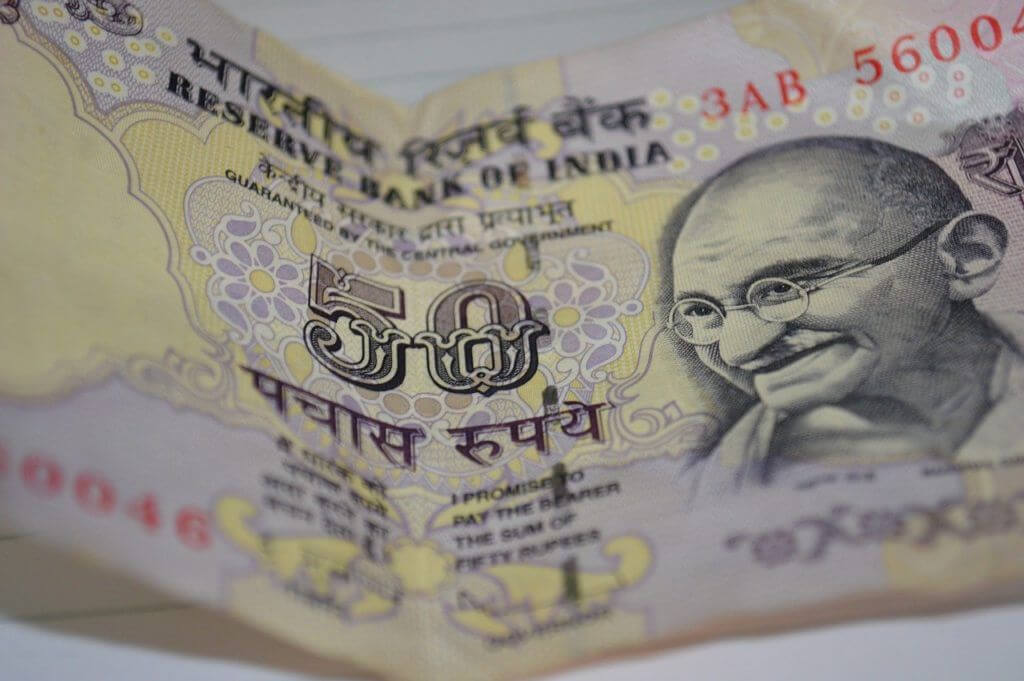
A new draft of India’s national blockchain strategy suggests that a digital rupee could be on the horizon. What can we expect this Asian country to do in the future regarding a national cryptocurrency?
The Details of the Draft Strategy
This information comes from the Indian National Institute for Smart Government, known as the NISG. They produced a draft National Strategy on Blockchain after consulting with interested parties. Among the most intriguing points in it is the idea of a national blockchain with a central bank digital currency.
This would mean setting up a public permissioned blockchain with the digital rupee sitting on it. With a population of over 1.3 billion, it would be a massive crypto project. Of course, India has carried out huge IT projects in the past, such as their digital identity scheme.
As part of the draft, there is also the suggestion that personal data could be monetised. This would allow citizens to receive financial reward for sharing their information. The NISG said that this could be a “big boost to citizens’ disposable incomes”.
As millions of Indian citizens don’t have access to a bank account, this could also be a clever way to improve the country’s financial inclusion. Developers would also create decentralised apps on the blockchain, in a similar way to how it is done on the Ethereum platform.
The government would be in control of the blockchain’s validator nodes. The draft mentions a private version of Ethereum with proof of authority, although there are other options discussed in it.
The Current Situation in India
Before a digital rupee can be launched in India, there is a court case going on here. This is a challenge to the Reserve Bank of India’s decision to block anyone dealing with cryptocurrencies from using banking facilities.
A decision on this case is expected in the coming weeks. It was confirmed recently that the RBI hasn’t banned digital money, though. People can still buy and sell cryptocurrencies here, but the lack of banking facilities is harming the industry. The NISG believes that new regulation in this area should look at functionality rather than focus on any individual technology.
The next step suggested by the NISG is to have discussions with stakeholders. They want India to be a leading force in blockchain adoption by 2025. If regulators take the advice in this draft then the arrival of a digital rupee will help to ensure that this is the case.

